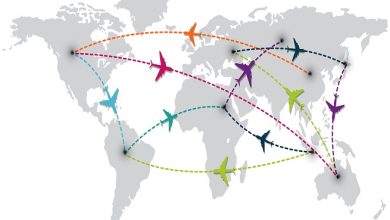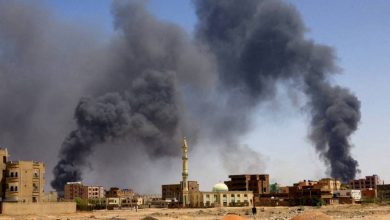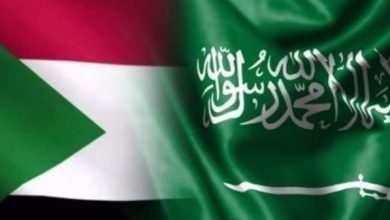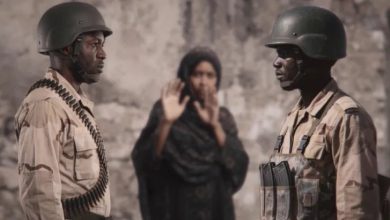Reports
Sudanese Celebration of the Liberation of Wad Madani: Signals and Implications
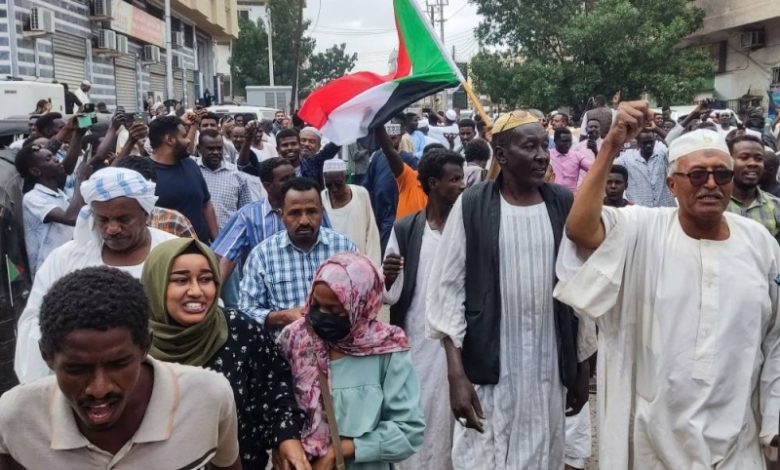
Sudan Events – Agencies
As soon as the announcement came that the Sudanese Armed Forces and their supporting forces had reclaimed the city of Wad Madani, the capital of Al-Jazirah State, spontaneous and unorganized celebrations, marches, and joyous gatherings erupted. People embraced each other, exchanged congratulations, and women added to the scene with ululations. Citizens in markets, vehicles, merchants, vegetable vendors, shoeshiners, soldiers, and officers of all ranks joined in. Refugees and displaced individuals united with their hosts, while similar scenes occurred in Addis Ababa, Cairo, and even displacement camps in Chad. This joy reflected the Sudanese people’s deep love for their homeland, their rejection of militias, and their determination to uphold their land and nation. The celebrations and patriotic songs showcased the unity between the free Sudanese people and their armed forces, including their fighting allies.
Victory of Willpower
The liberation of Wad Madani from militia control signifies the restoration of the state’s sovereignty, represented by its armed forces and allied factions, over one of Sudan’s most historically and economically significant cities. It underscores the capacity of national institutions to regain control, safeguard Sudan’s territorial integrity, and avenge its citizens. It provides hope for rescuing the country from the clutches of militias and their supporters among states and political entities.
Embodiment of Unity
Celebrations that swept across Sudan’s secure cities throughout Saturday, following the news of liberation, symbolized popular unity in confronting shared challenges. This unity could serve as an antidote to future crises, emphasizing solidarity and collaboration. Expressions of resistance and support for the military and official forces were evident, ranging from taking up arms and donating money to online advocacy and prayers for victory. These celebrations highlighted the unified front among Sudanese people, regardless of region or background, in facing adversities. They also served to boost morale for both the people and the armed forces, conveying strong messages of support and encouragement to continue liberating the remaining parts of the country.
Symbolism of Wad Madani
Wad Madani represents more than the liberation of a city. It is the capital of Al-Jazirah State, a cornerstone of Sudan’s cultural and agricultural identity. It is the birthplace of the Graduates’ Congress, which led to independence and organized Sudan’s political life. Home to many cultural and artistic icons, its association with the Al-Jazirah Agricultural Project and its contribution to food security make its liberation resonate deeply with the collective memory and identity of Sudanese people.
Renewing Hope
The city’s liberation and the unprompted joy that filled streets, markets, and public spaces symbolize the revival of hope among Sudanese citizens for a stable and militia-free Sudan. After being overwhelmed by despair and systematic violations of their land and rights, the positive energy, national songs, dances, and celebrations reflect aspirations for a future marked by justice and peace.
A Message of Rejection
These celebrations send a clear and direct popular message rejecting the presence of militias that threaten national stability and any political cohabitation with them in the future. This widespread rejection acts as political and diplomatic leverage for the days ahead. It is a declaration of unwavering support for the national army and armed forces as the legitimate authority to lead the state, restore control, and enforce the rule of law. Meanwhile, militia rhetoric, laden with democratic slogans and promises of serving Sudanese interests, appears increasingly hollow in light of public sentiment.
Cultural Heritage Resilience
The chants, traditional attire, celebratory dances, patriotic songs, and cultural displays during the festivities reflect the deep attachment of Sudanese people to their heritage. They highlight a steadfast commitment to national identity despite ongoing challenges. This cultural expression is particularly significant as it counters attempts to erase Sudan’s historical and cultural heritage, evidenced by attacks on museums, educational institutions, and media hubs.
A Referendum Without Ballots
One of the most important messages of this victory and the accompanying public celebrations is the rejection of political factions that supported the rebellion. These factions had signed agreements with militias in Addis Ababa, aligning themselves with them in hopes of gaining power and privileges. The celebrations acted as a referendum without ballot boxes, delivering a resounding rejection of militia backers.
A Message to the World
The overwhelming joy over reclaiming the city serves as a global message: the Sudanese people reject division and firmly defend their nation. The external narrative, often lamenting humanitarian conditions in Sudan, has not fooled them. Through their celebrations, Sudanese people have demonstrated a resolute determination to overcome challenges, uphold their sovereignty, and support their government, represented by the armed forces and the Sovereign Council, against foreign interference.
(Source: “Sudanese Echoes”)
